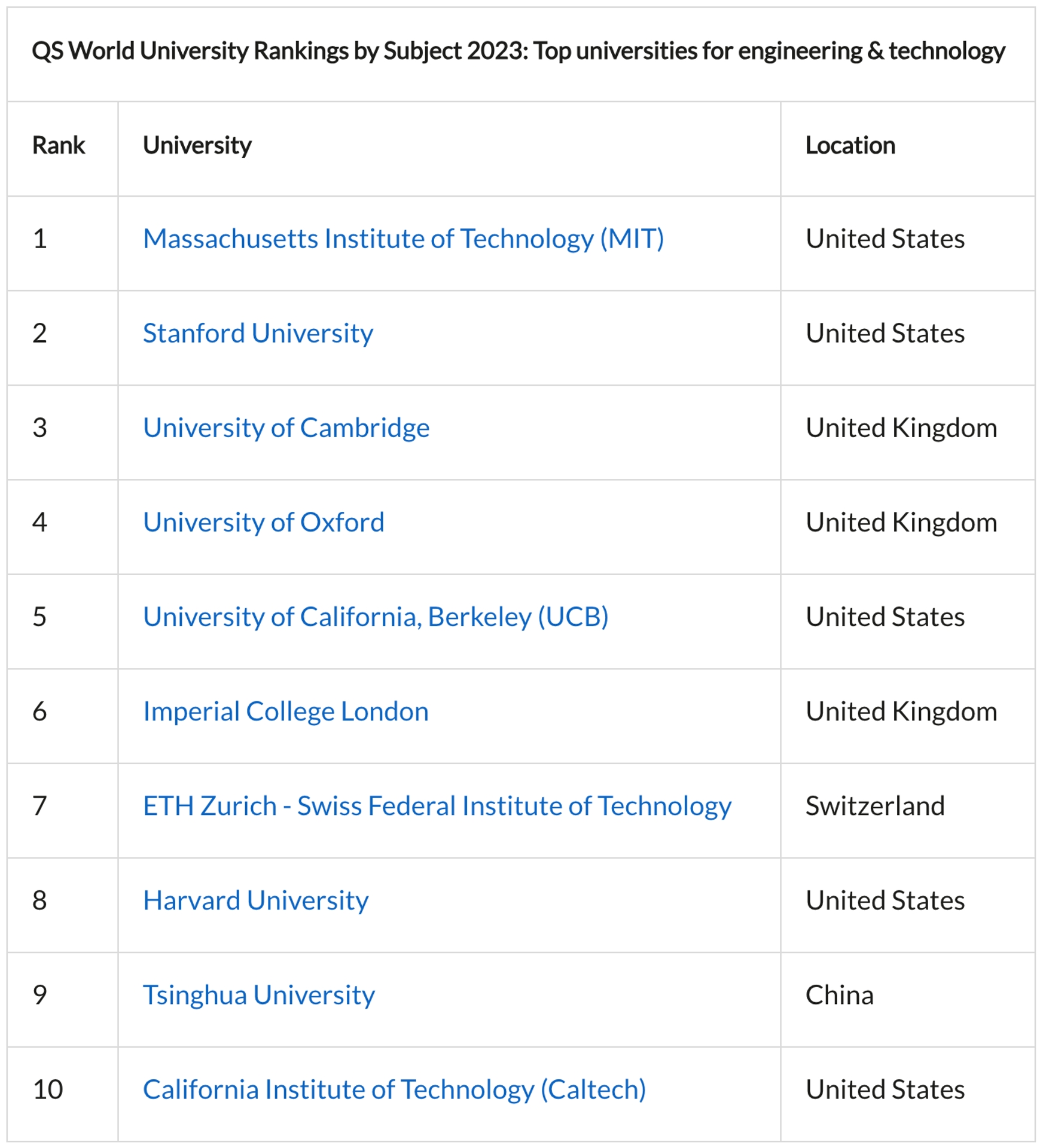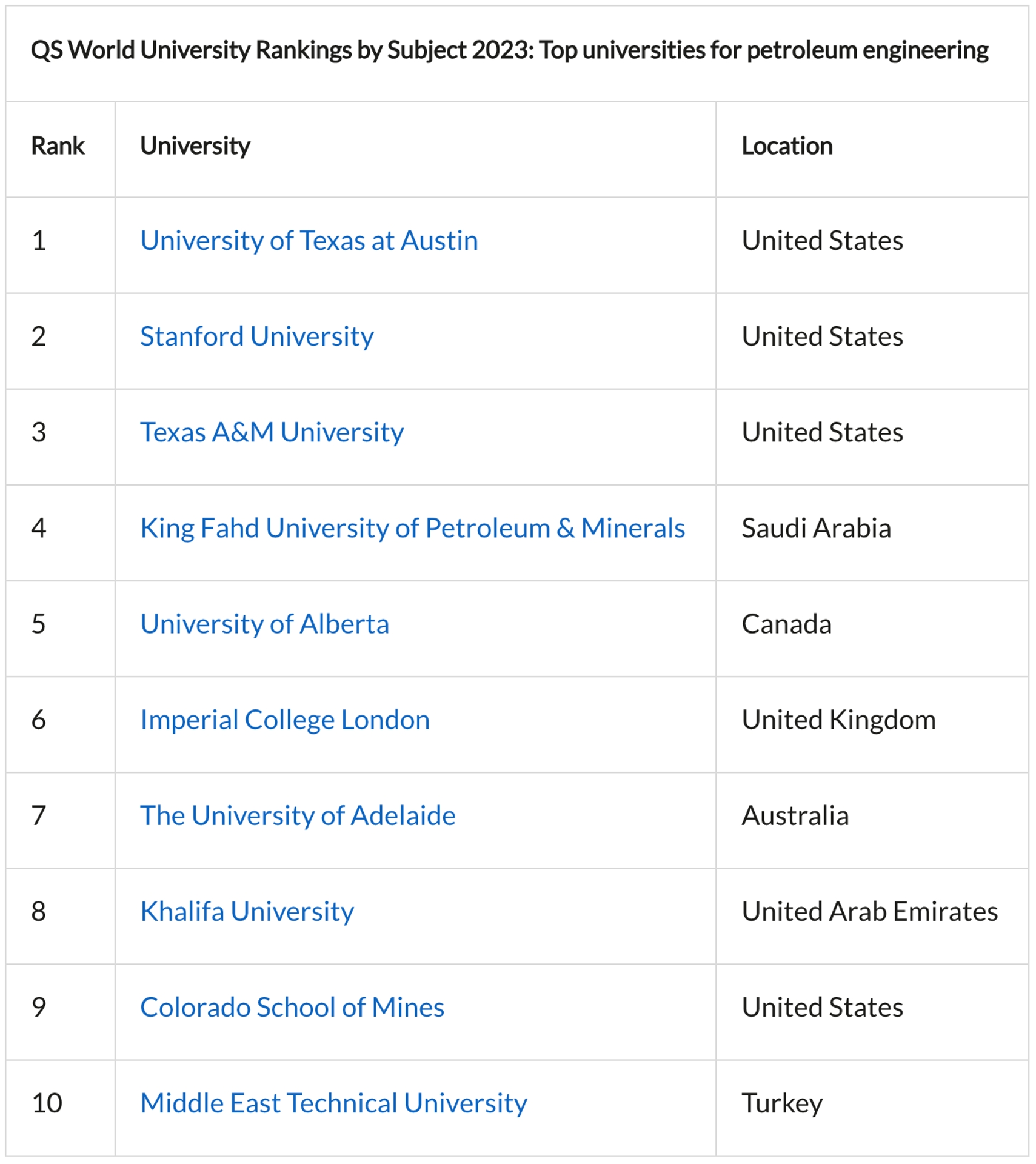8 min. read
How Engineers Can Find a Job in the Middle East, Earn $100,000, and Enjoy Exclusive Benefits
In this article, I'm going to talk about how an engineer can find a job in the Middle East, earn $100,000 a year, and enjoy many company benefits such as housing, schooling for your kids, and more. Let's dive into how to start your job search and what aspects to consider. Make sure to read this article until the end because I'll share a tip about one thing in your resume that can help you stand out from 99% of the competitors.
Understanding the Job Market
The first thing I recommend is to conduct a job market analysis, to look at what jobs are available. Most people apply for every job they see, trying to win by numbers, but this approach isn't very effective. Analyzing the job market lets you know which skills and qualifications are in demand at the moment. This can help you decide if you need additional training or certification to meet the current market requirements.
Engineering jobs in the Middle East are often posted on specialized online platforms like GulfTalent, Bayt, and Naukrigulf. Also, pay attention to professional networks like LinkedIn, where many companies post their vacancies. If you have preferences for specific countries and companies, so visit their websites and apply directly. I've often noticed that a vacancy may be listed on a company's website but not shown on various job aggregators. Connecting with the right recruiters on LinkedIn is another effective way to find a job not just in the Middle East, but anywhere in the world.
Salary and Benefits: What Can You Expect?
If we're talking about an expatriate engineer with about 10 years of experience in a good Middle Eastern company, you could be paid over $100,000 a year. Typically, the company also covers housing or provides corporate housing in an expatriate camp, pays for your children's schooling in very good private British or American schools, and may even cover utility bills. Considering the nearly complete absence of taxes, your salary, except for food expenses, remains with you.
And the most important thing is how much you manage to save from your salary to build capital for future life, not just to cover daily expenses.
The Importance of a Strong Resume
Of course, one of the most crucial steps to success is having a well-written resume. A common mistake engineers make is using the same generic resume for every job. But a resume should be tailored to highlight the qualifications and experience most relevant to the role. In Middle Eastern countries, hiring managers often scan resumes quickly, looking for key skills and certifications. Make sure your resume is clear, structured, and achievement-oriented to stand out.
CREATE RESUMEEducation: Does It Matter?
Another criterion employers consider is your education. Since I'm talking about engineers, it's clear that you need to have at least a Bachelor's degree in your field of expertise, while a Master's or PhD degree gives you an additional advantage. Top companies love engineers with a scientific background, degrees, publications, and patents.
The university you graduated from also plays a significant role in candidate selection, and a master's degree from top global universities with Famous names gives you an extra edge. Speaking of engineers, the list of Top universities for engineering & technology according to World University Rankings includes: Massachusetts Institute of Technology in first place, Stanford University in second, and the University of Cambridge in third.

Many will say that studying at these universities is almost impossible, but if we talk about Petroleum Engineering, the top 10 list looks different, including universities like King Fahd University of Petroleum & Minerals in Saudi Arabia, Khalifa University in the United Arab Emirates, and Middle East Technical University in Turkey, where tuition is quite reasonable.

I also want to point out that getting such an education is possible online from home at an affordable cost, and it's valued just as much as in-person education.
Work Experience: How Much Is Enough?
Regarding your experience, the more, the better. Top companies love highly experienced candidates with 15-20 years or even more. So, those candidates have a higher chance. But engineers with 2-3 years of experience shouldn't be discouraged, it doesn't apply to all professions, but I know young guys who received expatriate job offers with just 2-3 years of experience. Yes, it's not a job at Saudi Aramco or other top Arab companies, and it's not $200,000, but it's big four service companies and also more than a decent salary.
How Citizenship Affects Your Salary
How your citizenship and nationality affect your salary level. Unfortunately, your nationality does affect your salary. Many companies even have separate policies for citizens of the USA and Canada, European citizens, and citizens of India, some Arabic Countries, and African countries. Indeed, for the same position, a citizen from the Philippines might earn $3,000 a month, a European Union citizen $7,000, and a Canadian citizen $15,000.
The #1 Resume Secret to Beat 99% of Candidates
At the beginning of the article, I promised to share one thing that can help you beat 99% of candidates. To be short, in Arab countries, they do value the status of a professional engineer, what's called PE in the USA, PEng in Canada, and CEng and IEng in the UK. You'll see this requirement in many job postings. Getting CEng is the easiest, as it can be done online, no matter your nationality.
According to research by the Engineering Council, Chartered Engineers earn 20-30% more than their colleagues without this status. And if we talk about expat work in Arab countries, being a Chartered Engineer can allow you to earn significantly more than your colleagues.
Next comes various certifications relevant to your profession, for example, for drilling engineers, there's IWCF and IADC, as well as various courses and training in your field. So you need to upgrade yourself, and everything will definitely work out.
Final Thoughts
Finding an engineering job in the Middle East isn’t just about sending out as many applications as possible. It’s about understanding the market, tailoring your resume, upgrading your skills, and obtaining professional certifications to maximize your earning potential.
If you take the time to research the best opportunities, gain relevant experience, and continuously improve your qualifications, there’s a great chance you’ll land a high-paying job with excellent benefits.
Good luck with your job search, and if you have any questions, feel free to reach out!
Recent Posts
Pub: 12 Feb 2025 - Upd: 13 Feb 2025
6 min. read
5 Interview Questions for an Engineer (and how to answer)Pub: 25 Dec 2025 - Upd: 11 Jan 2026
52 min. read
Junior Data Engineer Resume Examples That Actually Get You Interviews (2026 Edition)

